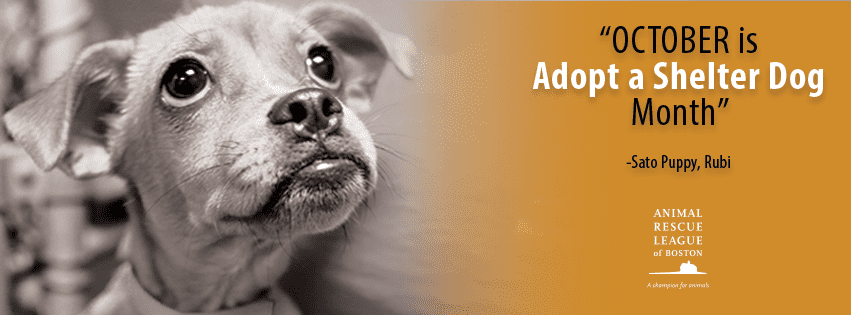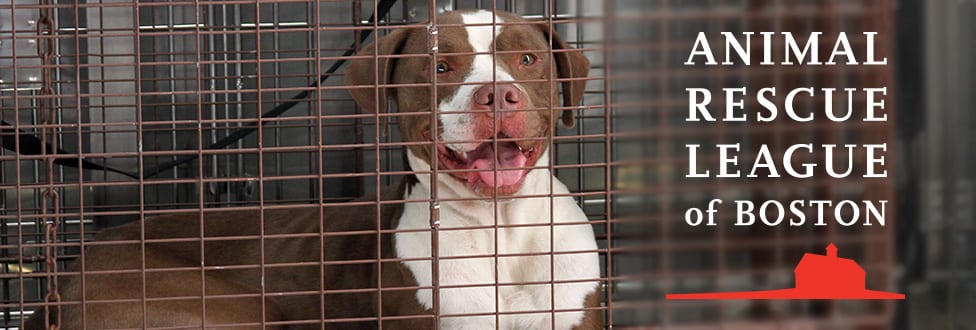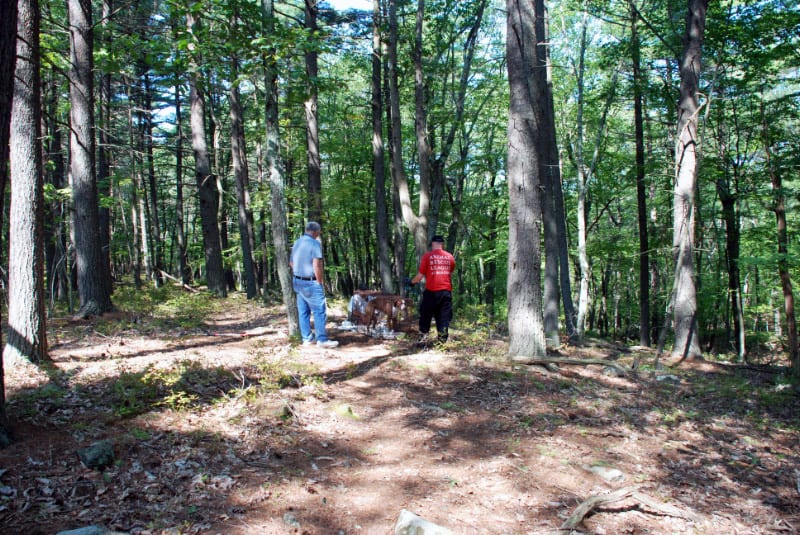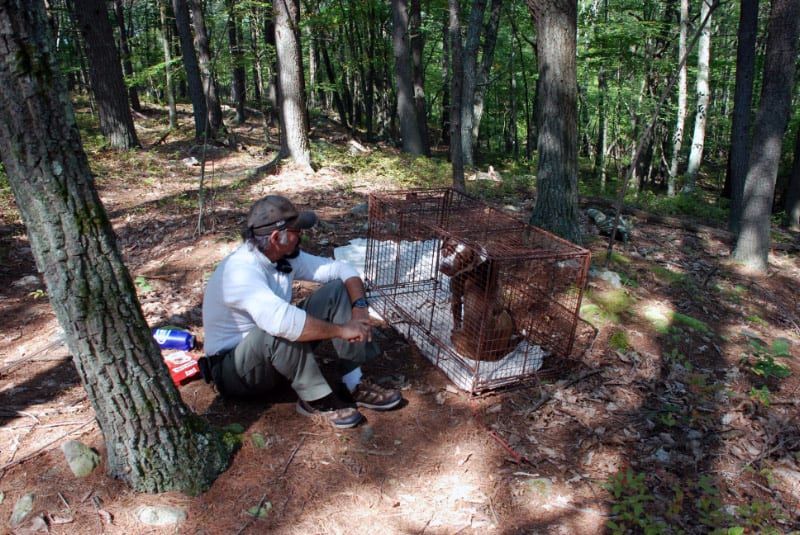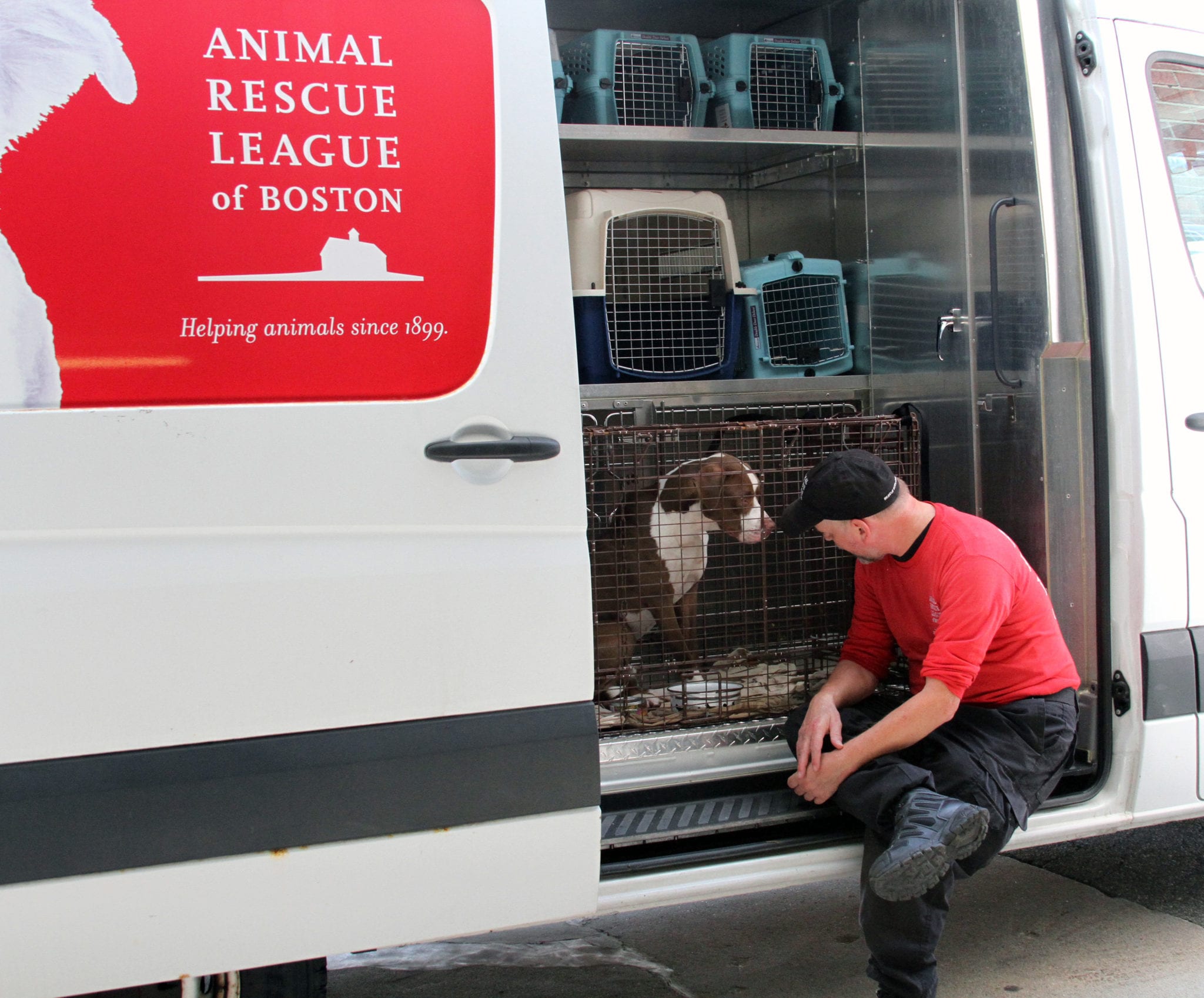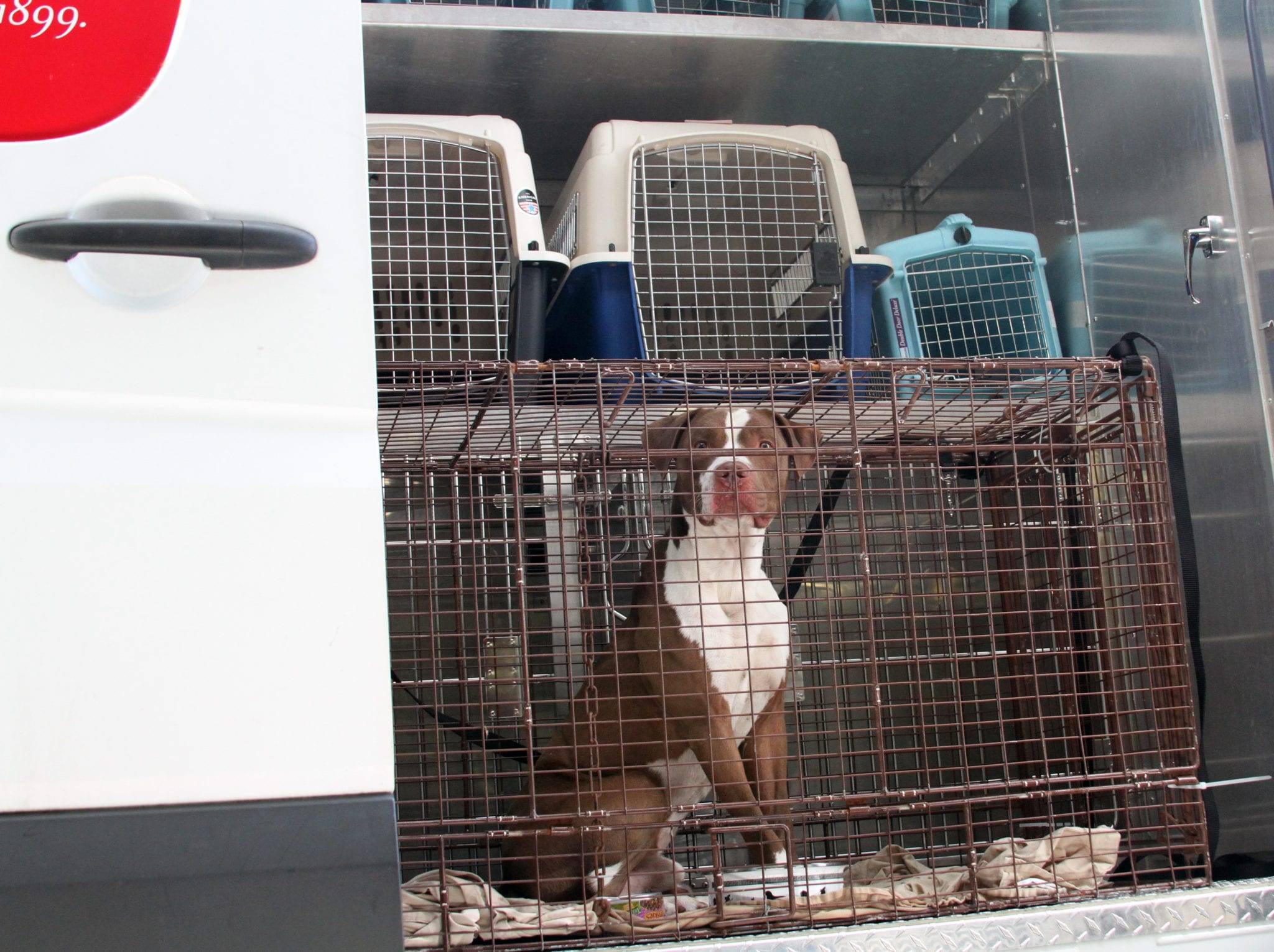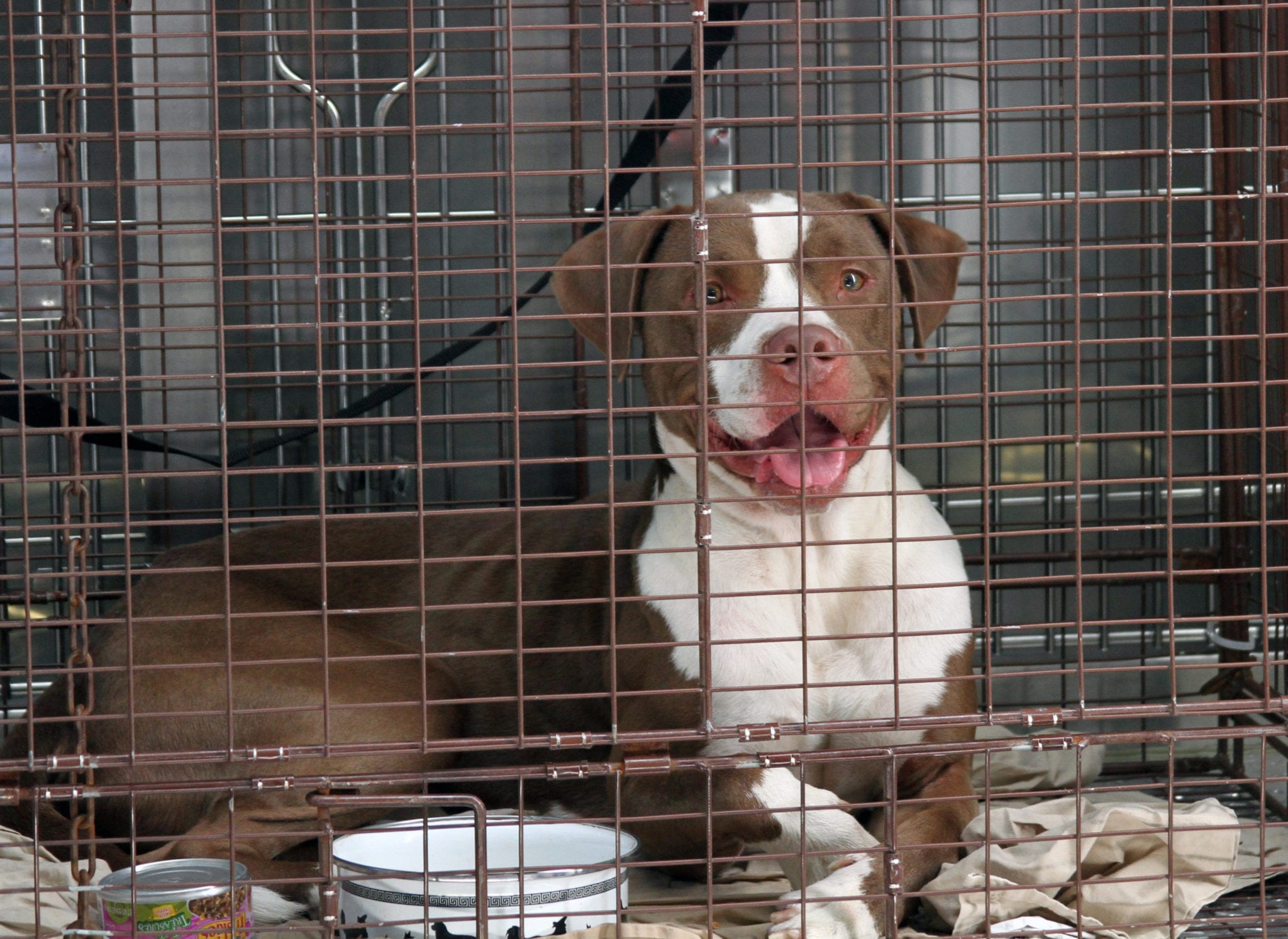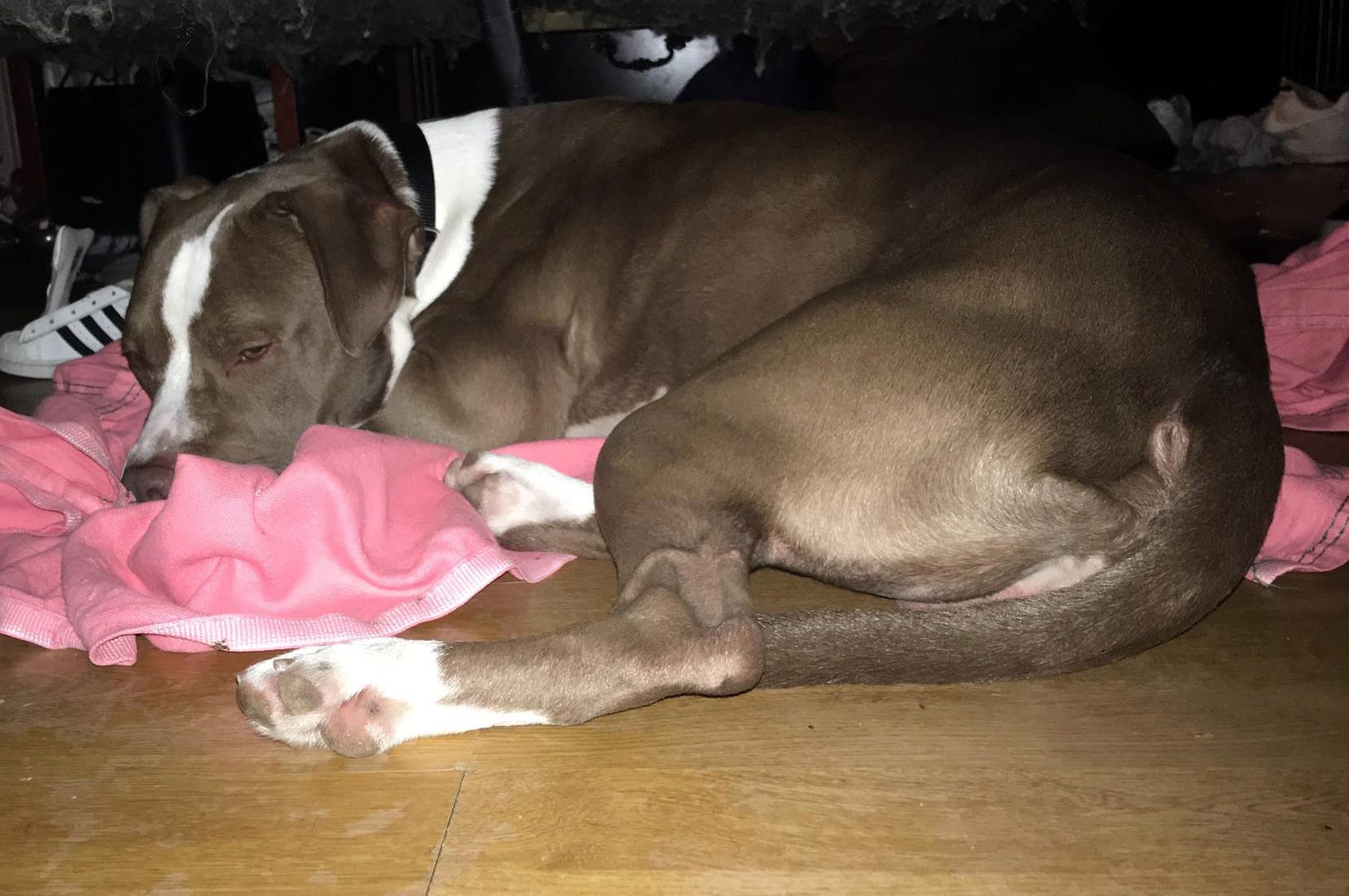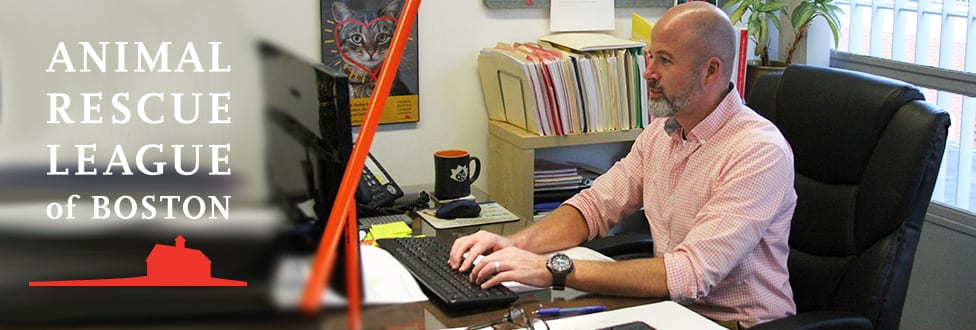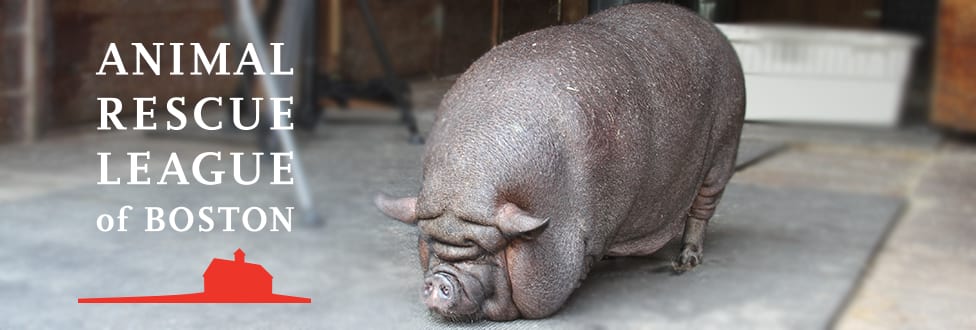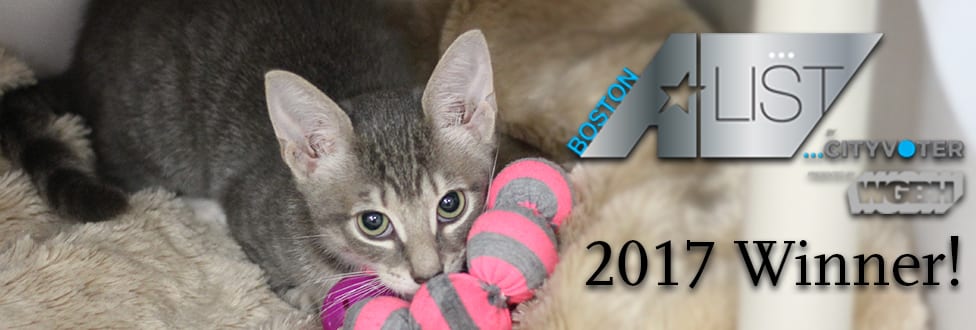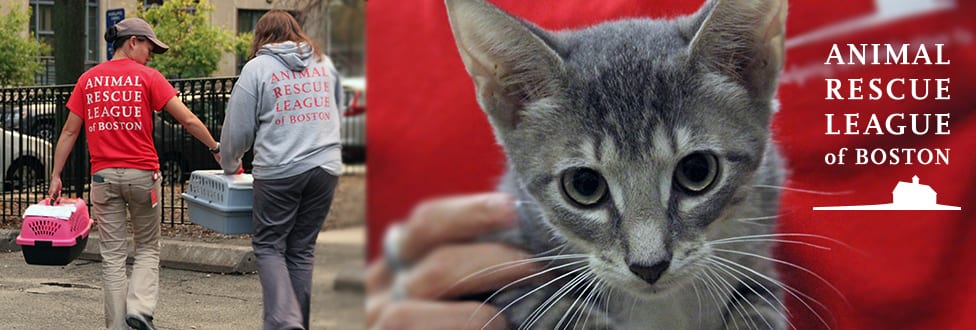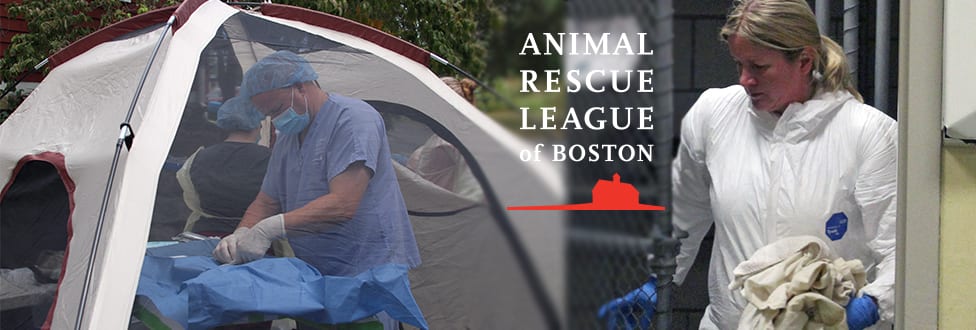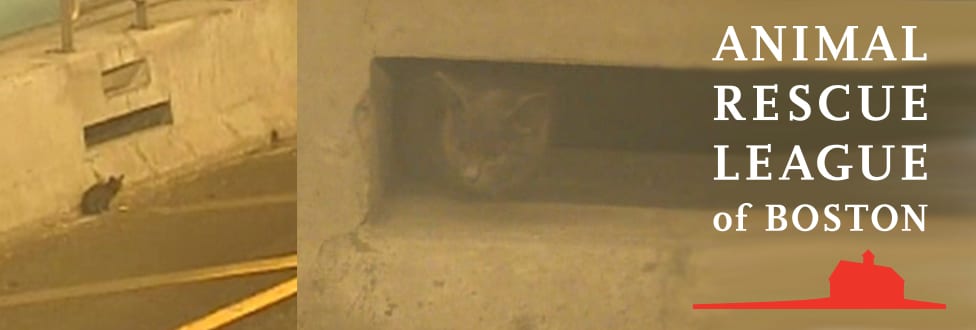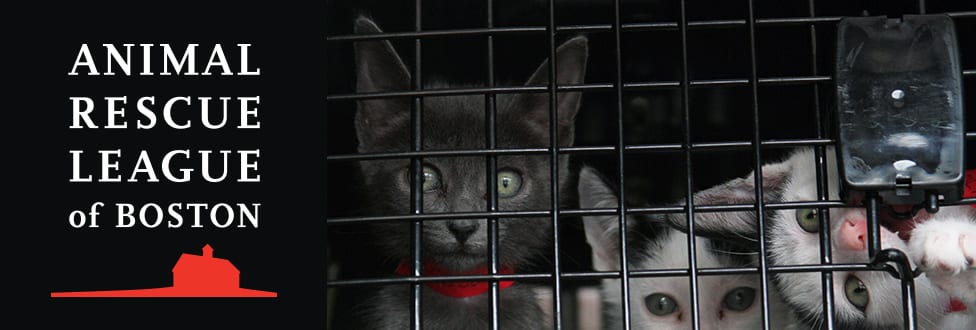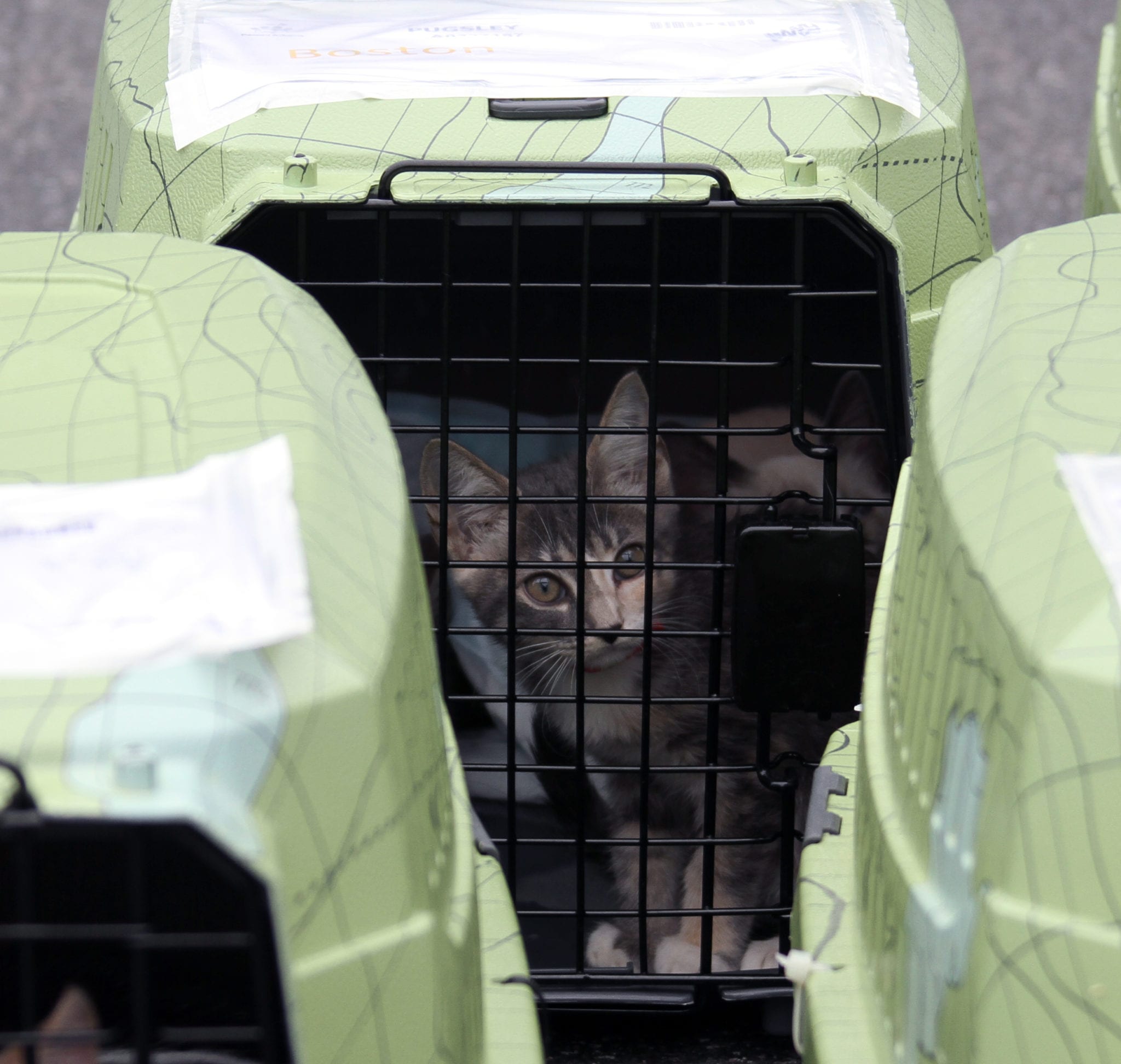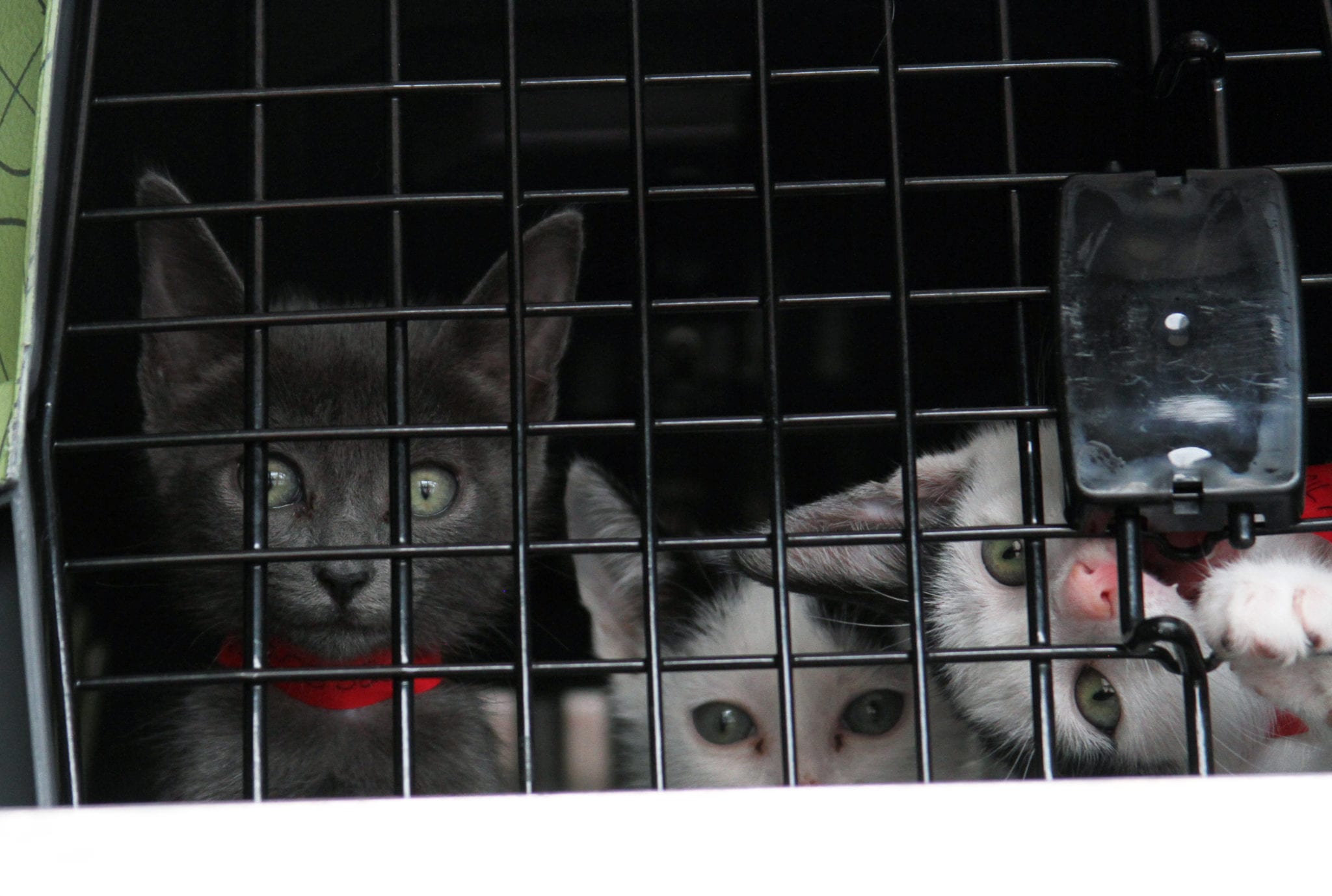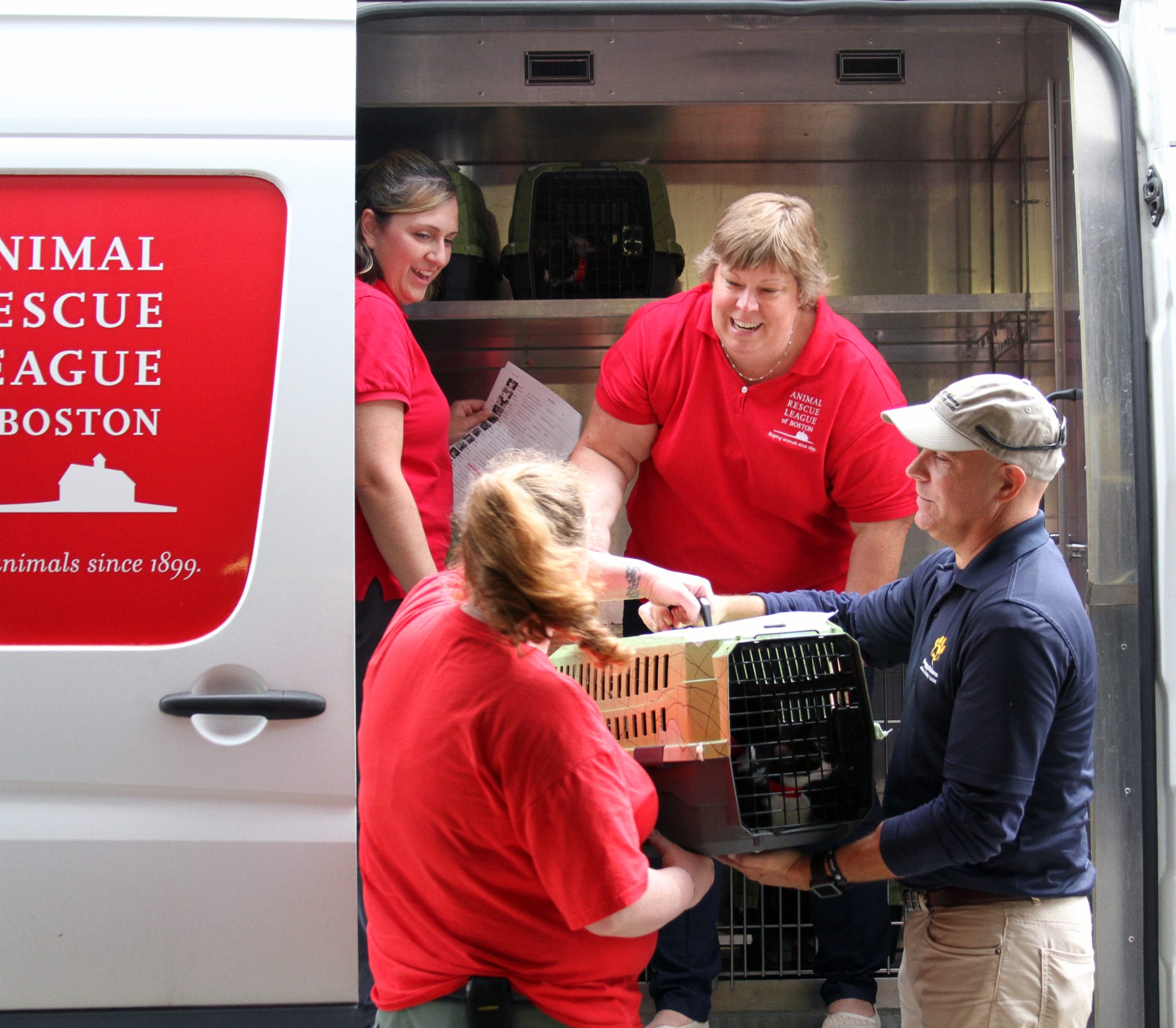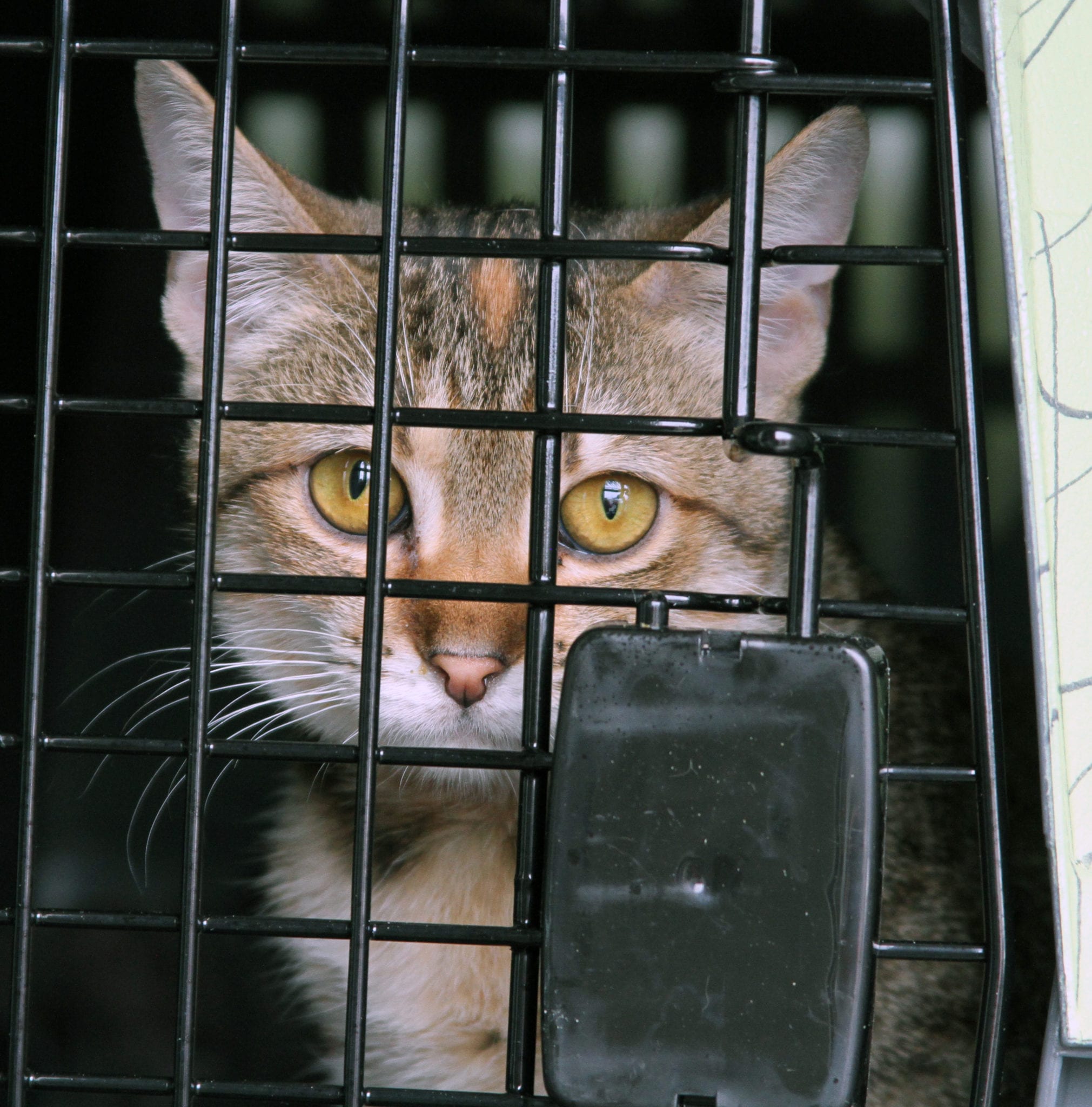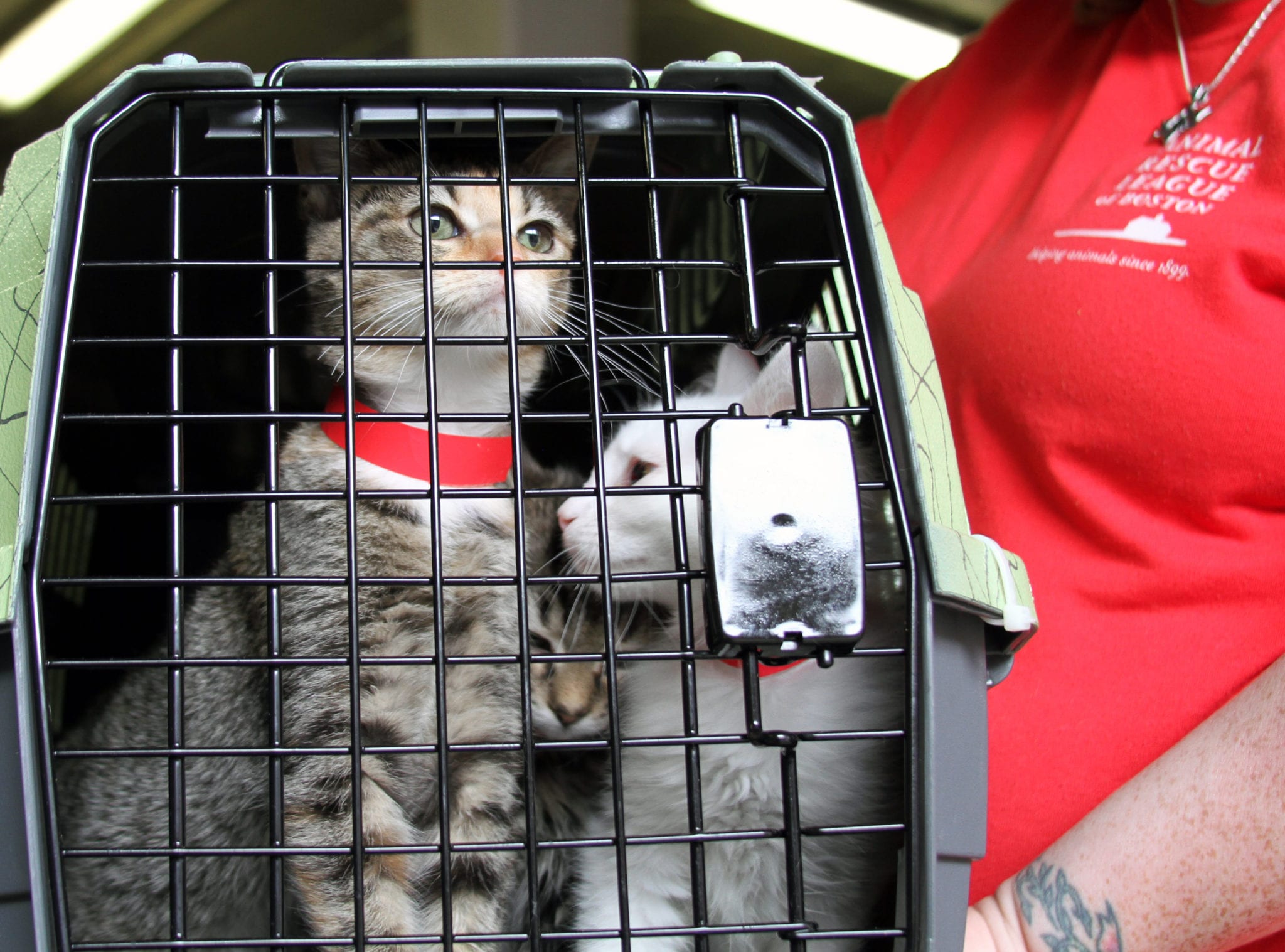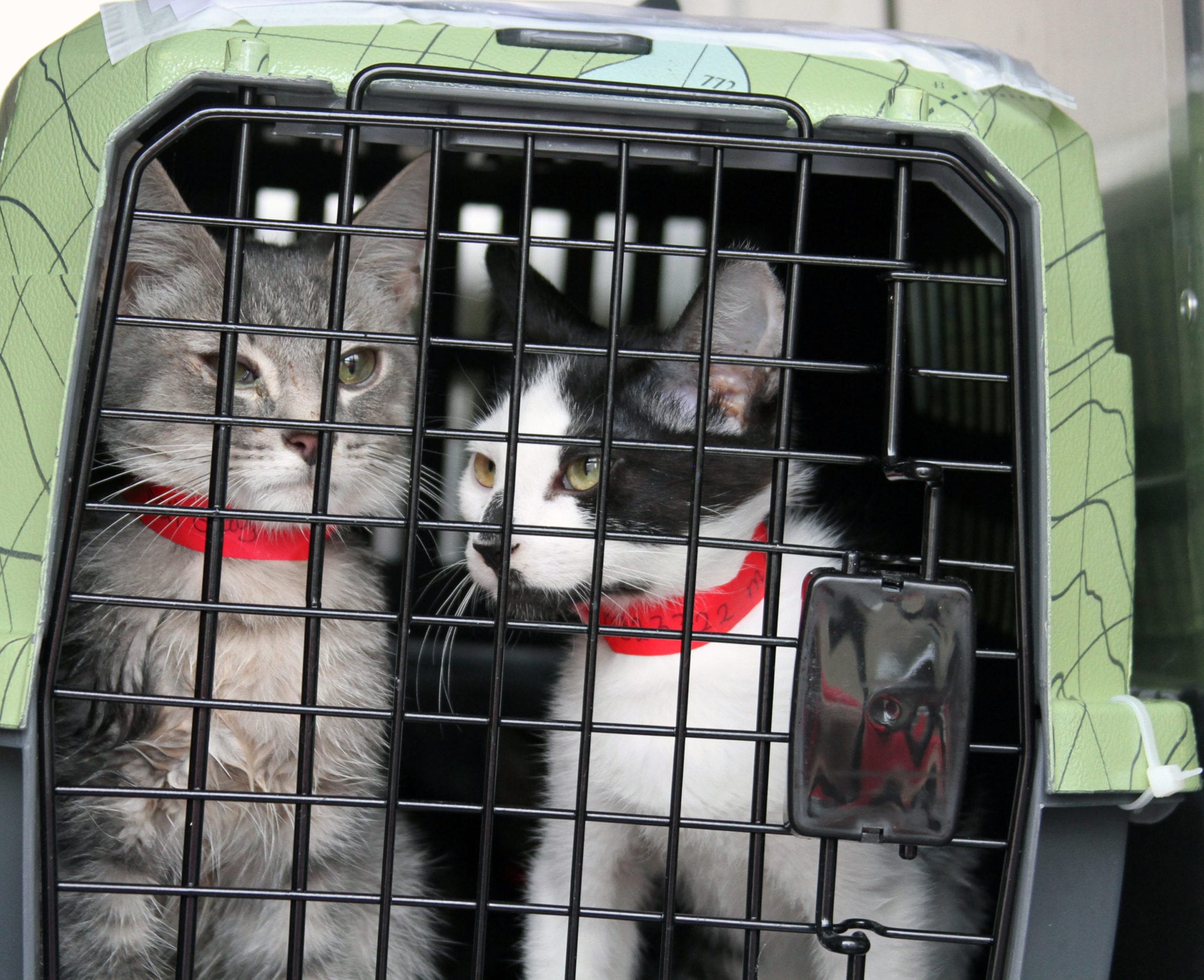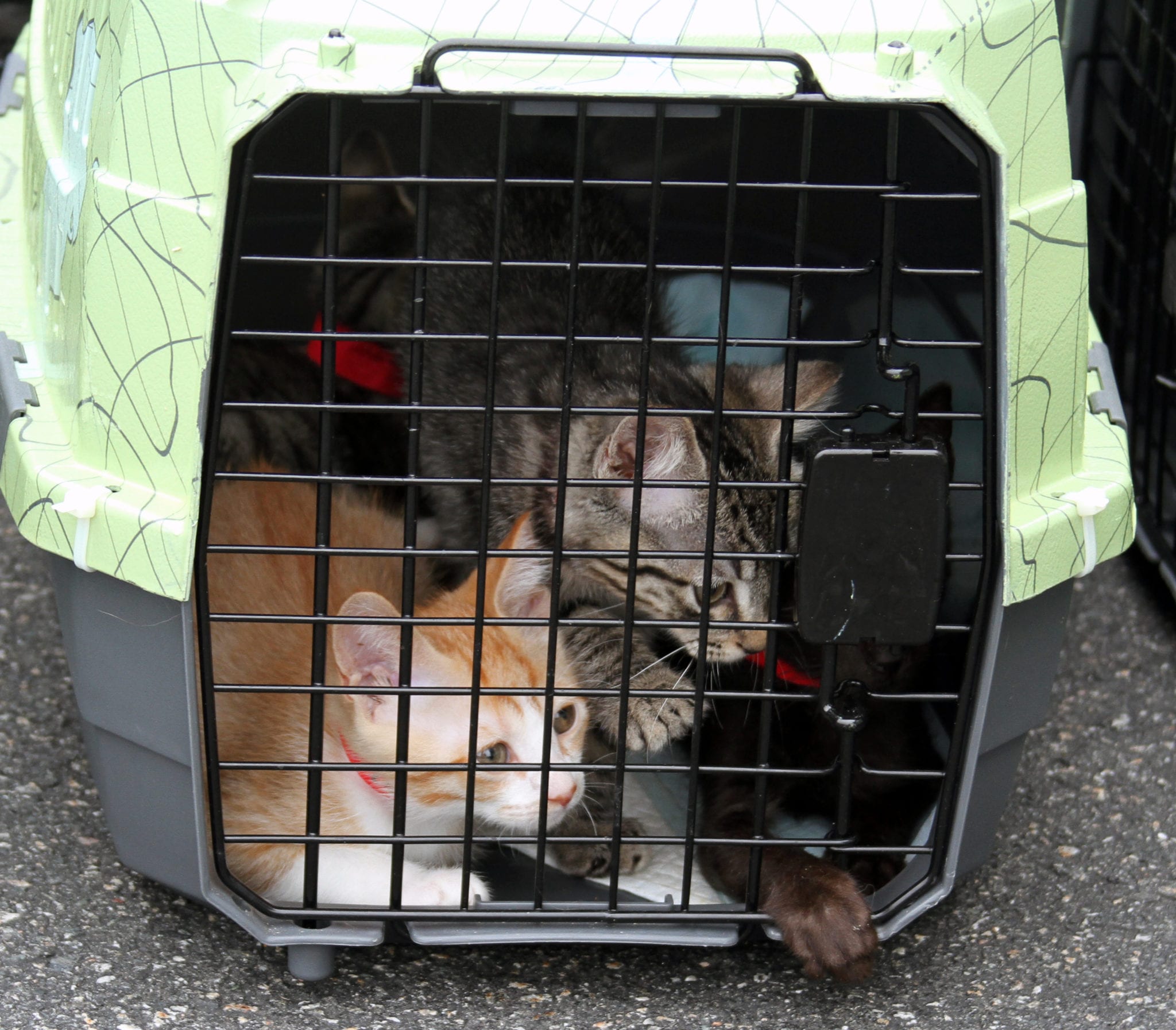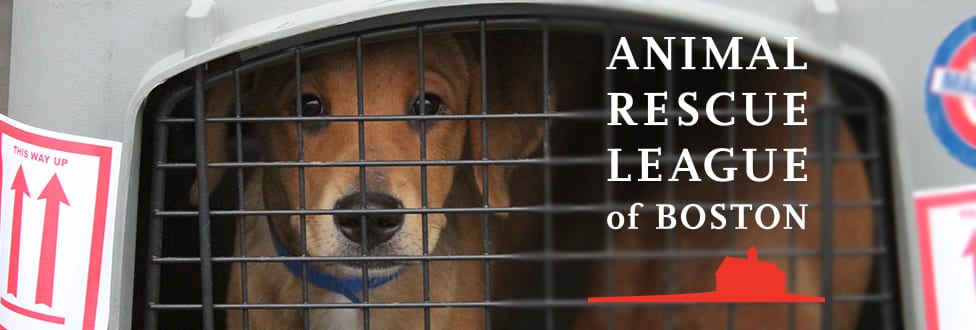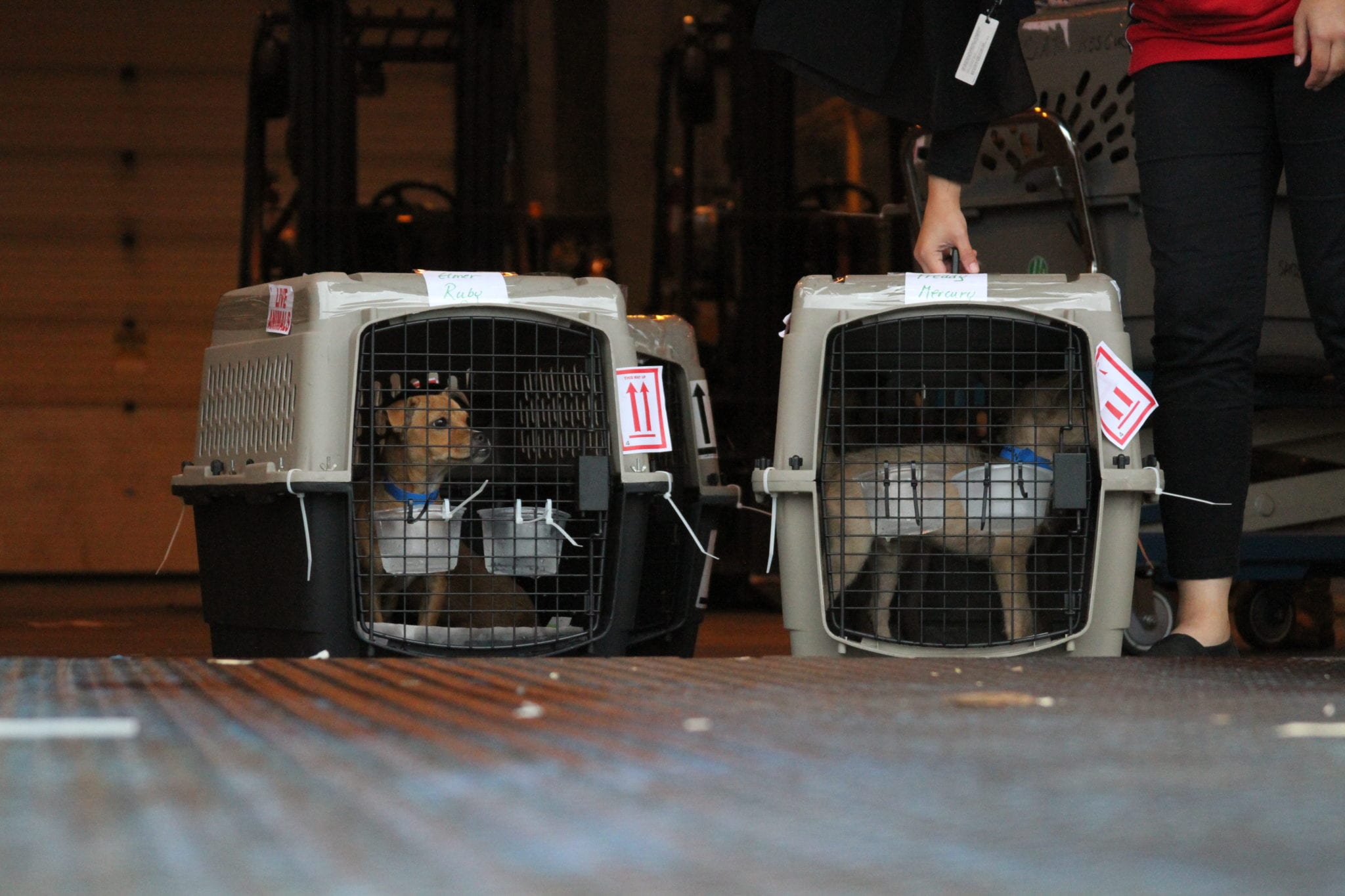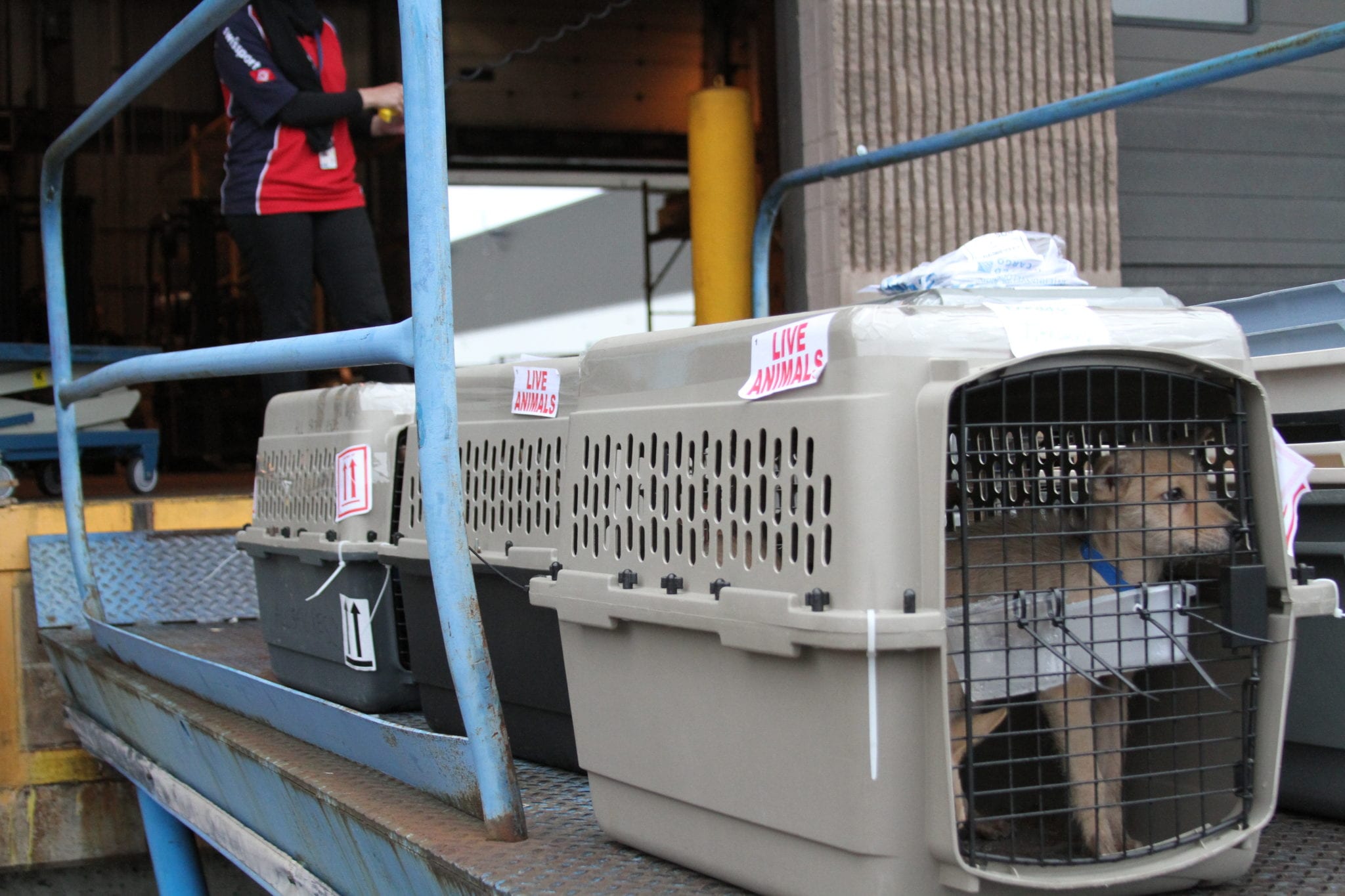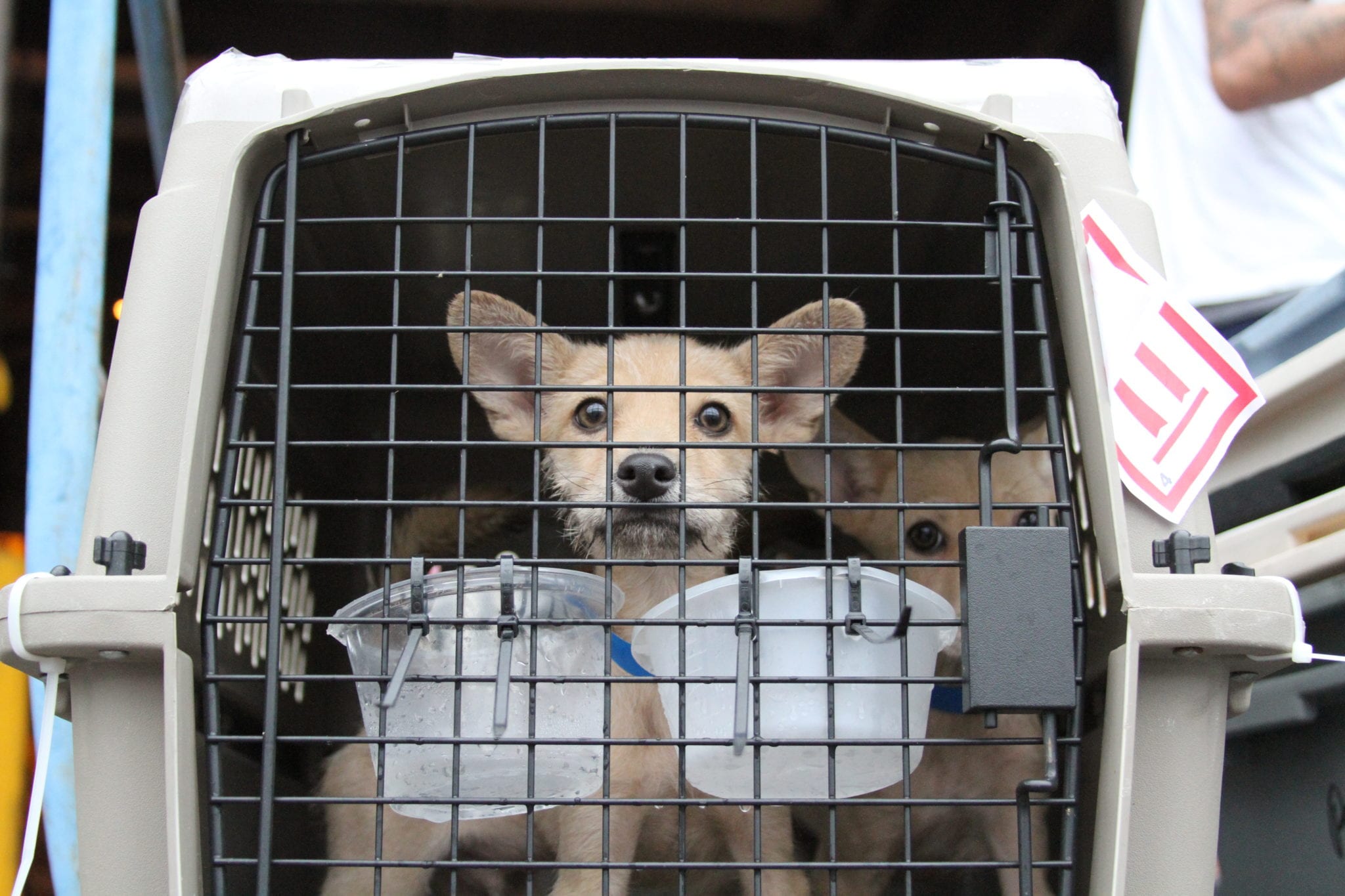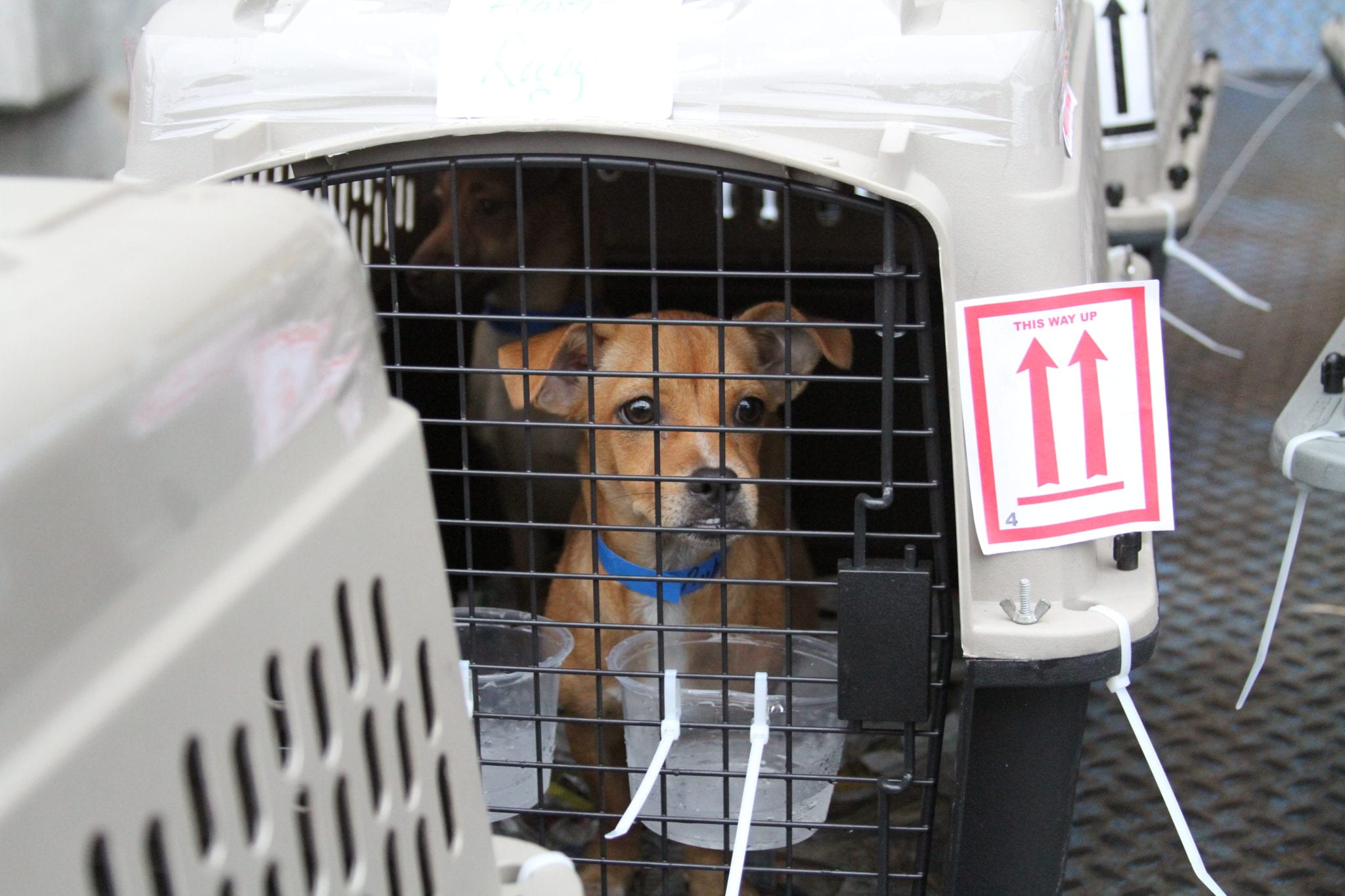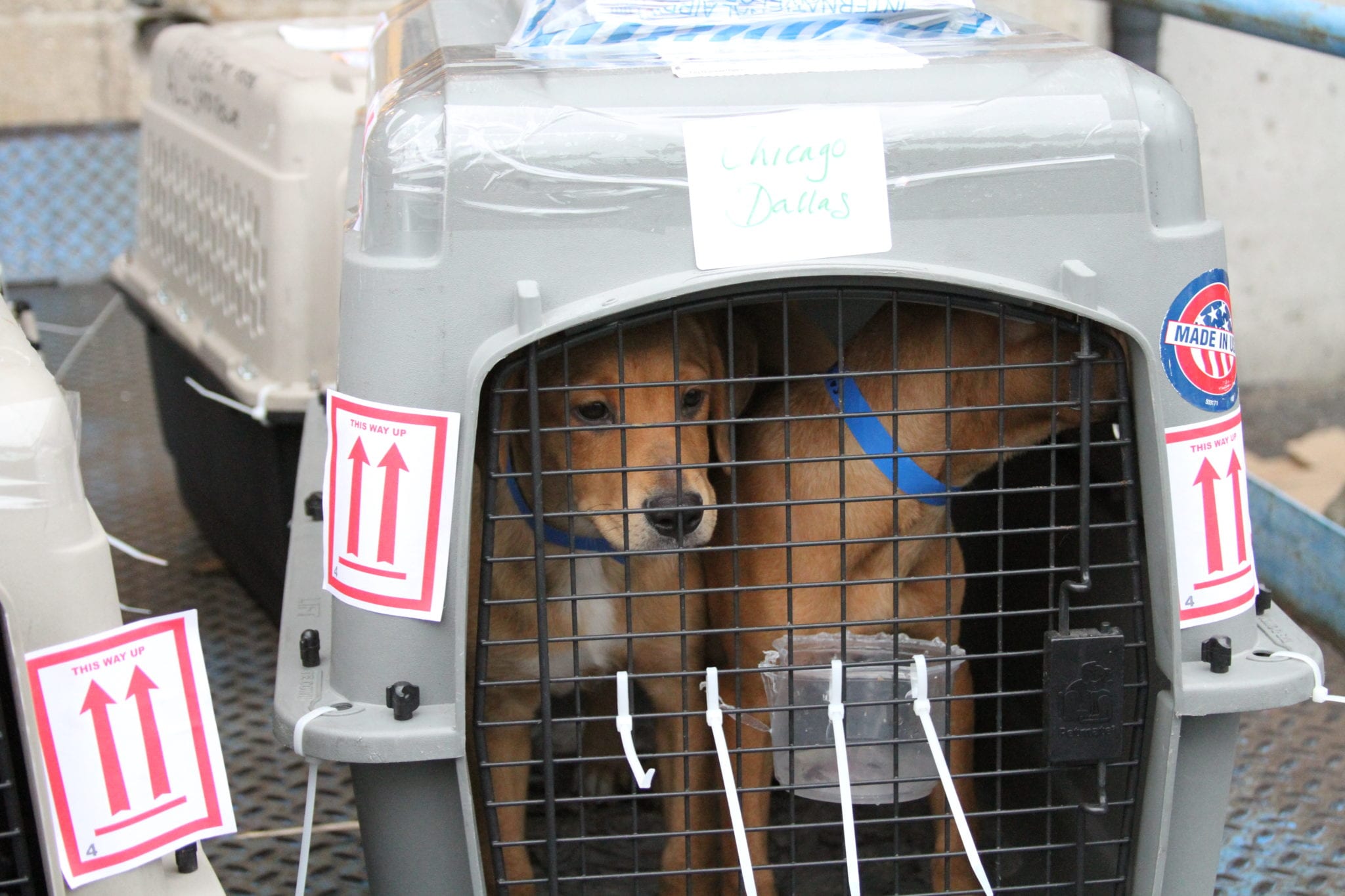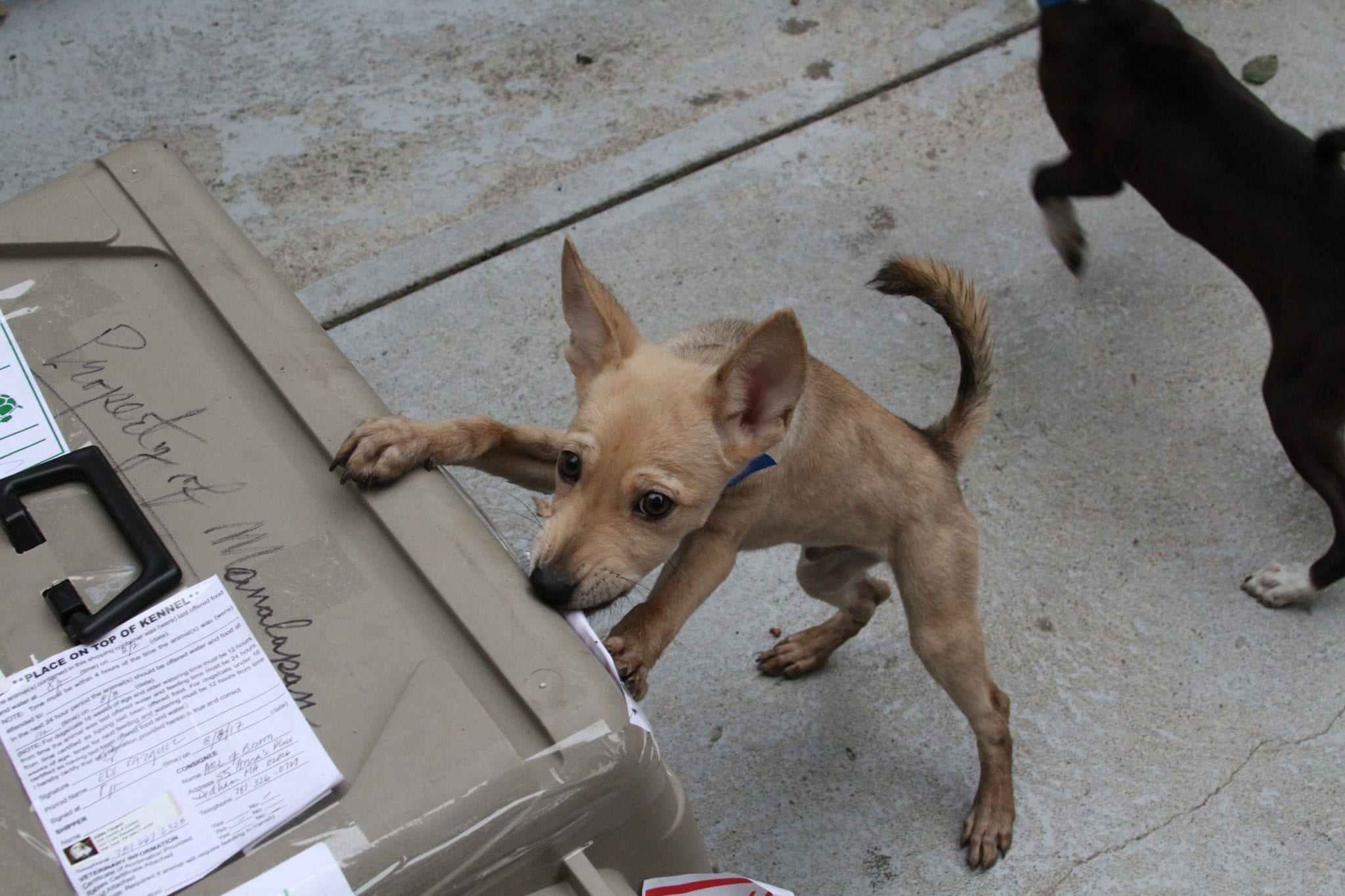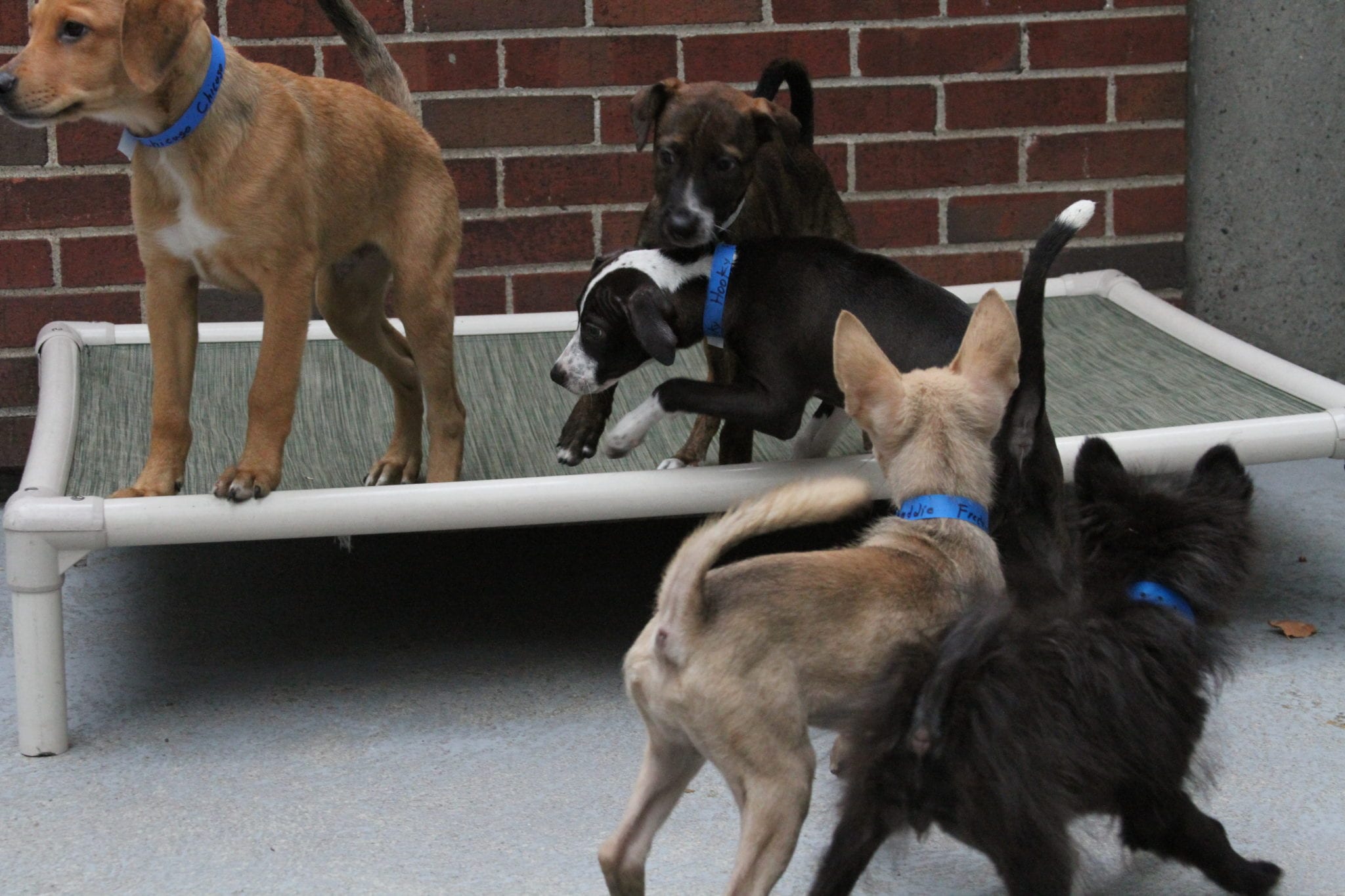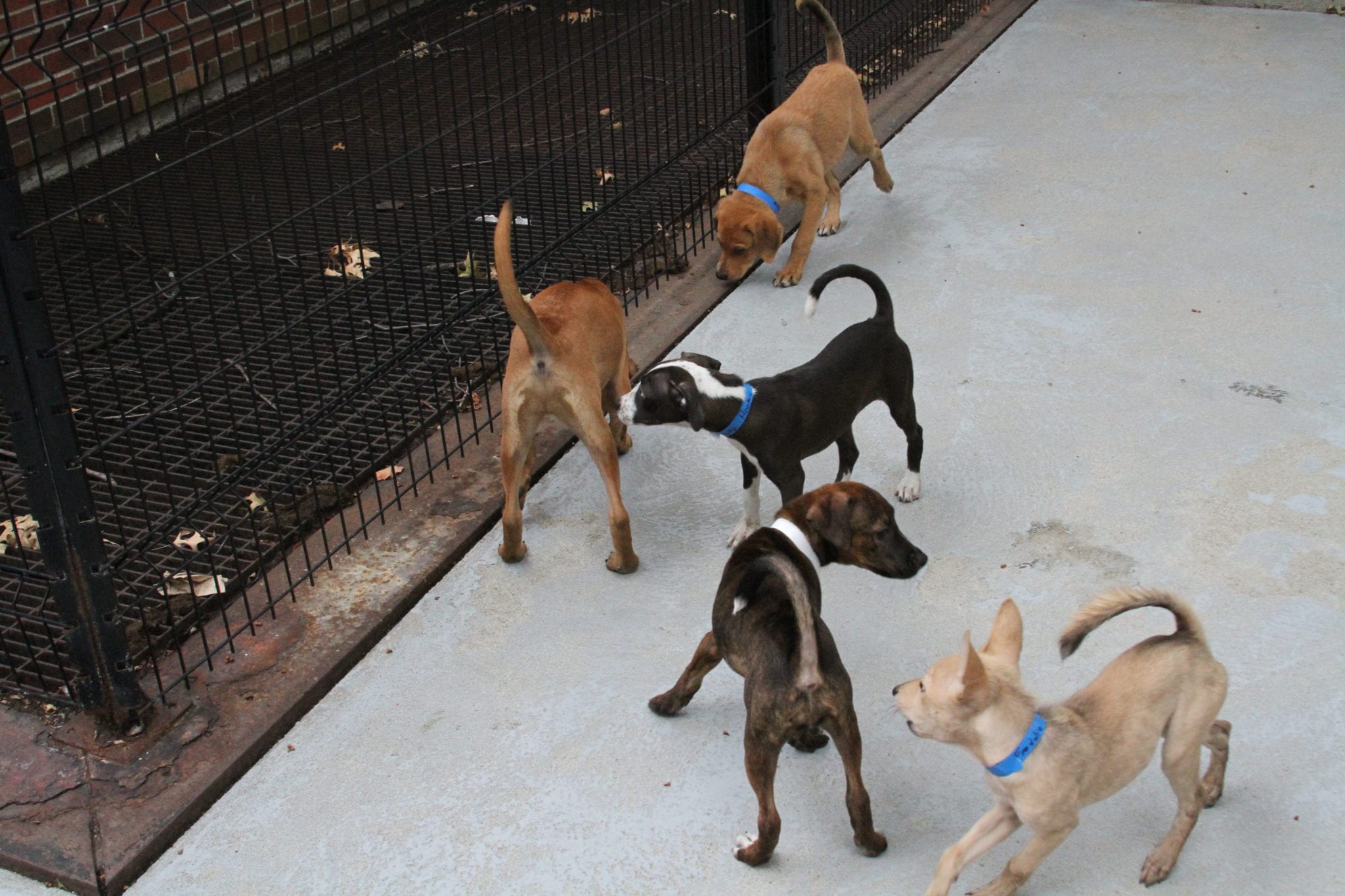Adopt a Shelter Dog Month: Why Adopt?
Special Study Highlights Why People Adopt Rescue Animals
It goes without saying, but we at the Animal Rescue League of Boston (ARL) love each and every rescue animal that comes through our doors. But what motivates the general public to adopt shelter animals, and why would they recommend adoption to others? A recently published study sheds some light on those questions.
The survey study of 1,400 people was conducted by the Shelter Pet Project, an Ad Council public service advertising campaign promoting pet adoption; and was funded by Maddie’s Fund and ARL national partner the Humane Society of the United States (HSUS).
So what motivates an adopter?
- Adopting a rescue animal is the right thing to do. According to this study, adopters feel good about saving a life and finding a companion in the process. A number of respondents also said adopting a rescue animal “saved them.”
- Joining a special group. One-third of respondents loved the idea of joining the passionate and special community of shelter-pet adopters.
- Great experience. This is something we hear a lot of at ARL. Survey respondents felt the adoption process was smooth, things were organized, and staff was knowledgeable. One-third said the process was fun!
Recommending adoption to others
- 71 percent of respondents passionately recommend shelter/rescue animals — compared to 41 percent of those acquiring an animal from a breeder, and 21 percent acquiring from a pet store.
- Respondents felt adoption evokes a strong sense of pride, kindness and social responsibility to a degree not displayed among the breeder and pet store segments.
The complete study can be read here.
Saving Lives
When you adopt, you are giving your new companion a second chance, and are saving two lives — the animal you adopt, and the one that takes its place in our shelter. Create your own success story and visit ARL’s Boston, Brewster, or Dedham Animal Care and Adoption Centers today!

